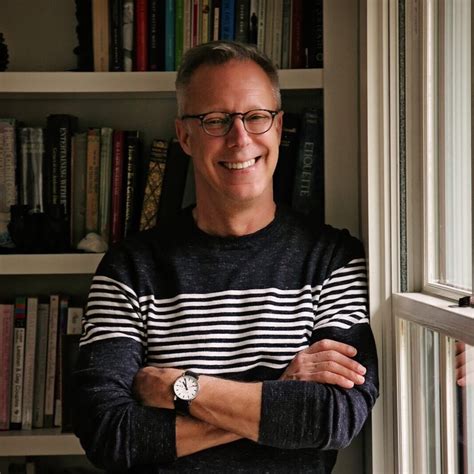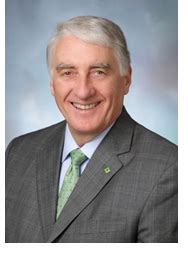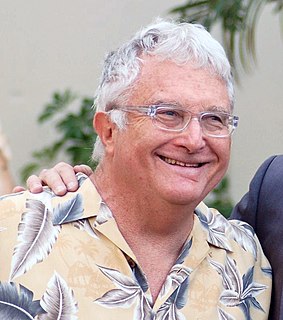A Quote by Douglas Brinkley
While the scars of the monstrous Civil War still remain, the wounds have closed since 1865, in large part, because of the civility of Grant and Lee.
Related Quotes
As a kid, I was growing up in an era of celebration of the Civil War centennial, with a lot of 'Lost Cause' emphasis on the Confederacy. I used to play Civil War soldiers with my brothers as a child, and my older brother always insisted that he got to be Lee, and I got be Grant. I never knew that Grant won until quite some time had passed.
Okay, so here's my question: When did civility become incompatible with protest? Why do some people consider civility an antonym - anathema, even - to political action and dissent? Because, and I'm raising my voice, it's not. Have we forgotten how Mahatma Gandhi used nonviolent civil disobedience to free India from British rule and inspire civil rights movements worldwide?
John Stuart Mill, in his wonderful 1859 book On Liberty, talks about civility. And this is why you should always be concerned about calls for civility. He points out that civility ends up getting defined by the people who are in charge. And you'll notice that when people argue for civility, they tend to actually believe that whatever they say is civil. And if they're angry about it, it's righteous rage. But if you say it and it's kind of sharp or mean, then it's incivil. ... And sometimes, disagreement-to be productive-can't be all that civil.
In that year [1865] John Muir offered to buy from his brother ... a sanctuary for the wildflowers that had gladdened his youth. His brother declined to part with the land, but he could not suppress the idea: 1865 still stands in Wisconsin history as the birth-year of mercy for things natural, wild, and free.
Because the US has control of the sea. Because the US has built up its wealth. Because the US is the only country in the world really not to have a war fought on its territory since the time of the Civil War ... Therefore we can afford mistakes that would kill other countries. And therefore we can take risks that they can't ... the core answer to why the United States is like this is we didn't fight World War I and World War II and the Cold War here.



































